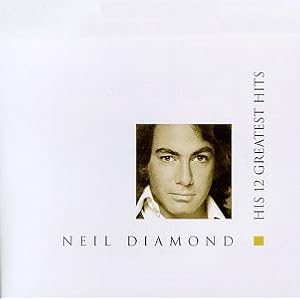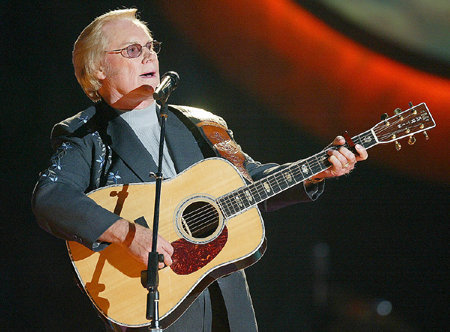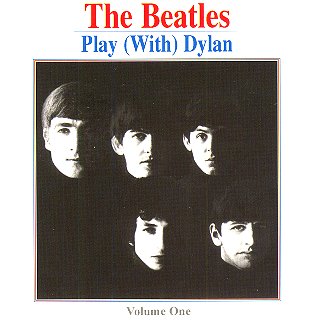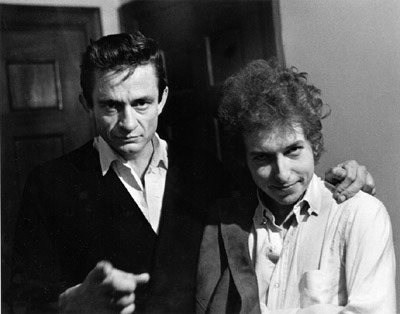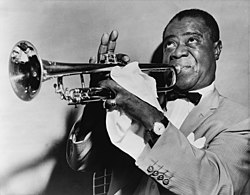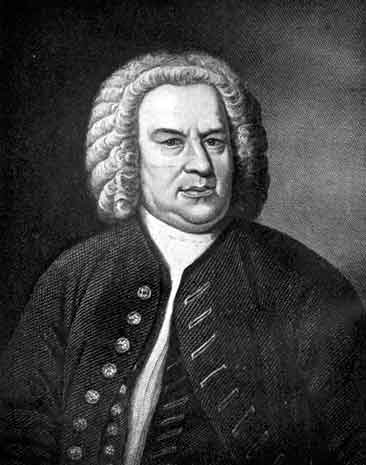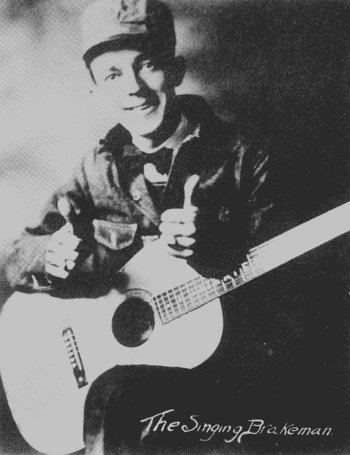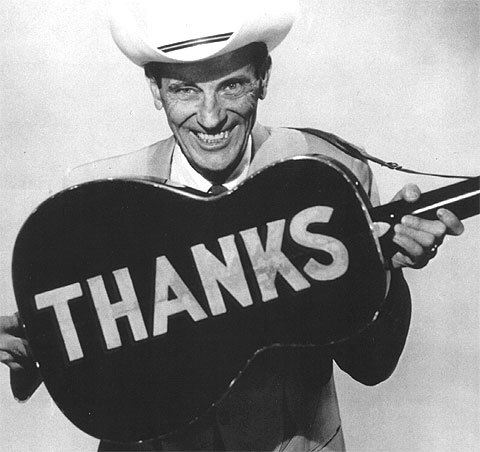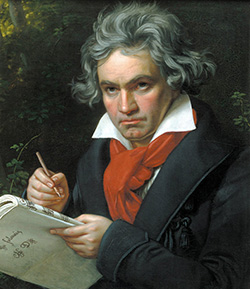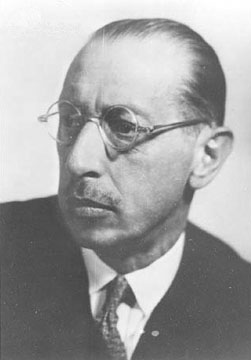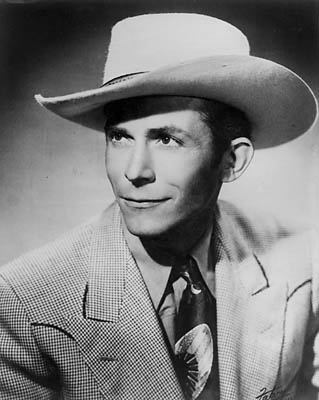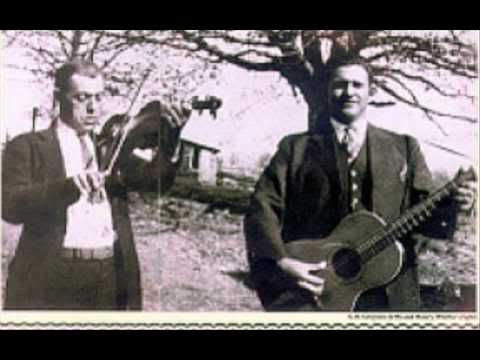Helplessness Blues by Fleet Foxes
Article written by Nick House.
 |
| I love the album cover. |
Helplessness Blues is the best album of 2011. It could have passed as being the best album of 1968; perhaps a lost Simon and Garfunkel world music album. I've taken the liberty of naming it Album of the Year even though the year isn't over yet, because unless Johnny Cash comes back from the grave to record a new record I doubt I'll hear anything better than this.
It is hard to follow up a breakthrough album. If the band sticks with the formula that made them innovative in the first place, they might end up with a second album that sounds just like the first. That’s not always a bad thing, but
Great Album II is never quite as good as the original. If they try to strike out in a new direction, they could end up being a band with no defined style that constantly reinvents itself. The ideal is for a second album to build upon the first, without being either a radical departure or a carbon copy.
Fleet Foxes has achieved this ideal. Their first album was very minimalist, precise, and vocal oriented. The new record focuses more on instruments than the band’s trademark harmony. The music on
Helplessness Blues is less precise than that on
Fleet Foxes, but it is more exploratory, boldly going where no foxes have gone before. It is also a more personal album. On
Fleet Foxes, lead singer Robin Pecknold’s voice always seemed to blend into the band’s harmonies and on some tracks it was almost completely drowned out. (Think “White Winter Hymnal”, “Sun It Rises”, “Quiet Houses”) The lyrics, while beautiful, seemed rather detached, like looking at a picture rather than looking at the thing itself.
Things are much different here. Unlike the rather random collection of songs from
Fleet Foxes,
Helplessness Blues falls into a sort of pattern, telling the story of the singer’s emotional journey. It’s not a concept album per se, but one can see a sort of storyline emerge from the songs. Every storyline has a cast of characters. In
Helplessness Blues, there are two main characters: the singer (played by Robin Pecknold) and his woman, whom he is having problems with. There are also a host of supporting characters: a mysterious man in “Sim Sala Bim” who is described as a “gentleman tied to the Oceanside,” a “stranger” who stands on the girl’s doorstep in “Battery Kinzie” and ominously says “nothing good.”, a “Bitter Dancer” who might be the singer’s woman or might be his son, and other, minor characters like “the slave and the empress” who both return to the dust like they came.
Every story has a theme. This story’s theme is helplessness (duh), confusion, or a sense of being lost. Every song deals with confusion or being lost in some way, and the storyline is left somewhat unresolved.
The record starts with the hymn like “Montezuma.” The band’s echo chamber, singing-into-a-can sound works well here: Pecknold takes the lead vocals solo and the band members back him up like a chorus of monks. If Worship music sounded like this, I would listen all the time. The singer realizes that he is older than his mother and father than when they had their daughter (and presumably disappointed that he has wasted half his life on this stupid band instead of getting a real job.) He wonders if he could ever get past only thinking of himself and learn to “dream of such a selfless and true love.”
“Bedouin Dress” is one of the best-constructed songs on the record. Unlike some bands (Nirvana, you know who you are.) Fleet Foxes pays a lot of attention to the arrangement of their songs. This song manages to synthesize percussion, a jazzy Middle Eastern fiddle, and the band’s trademark harmonies into a pleasing whole. It’s probably the grooviest thing Fleet Foxes has done to date, and shows that they are not simply restricted to melancholy indie ballads. The singer talks about how he regrets his misspent youth, and that he would give up everything that he has “just to be at Innisfree again.” This is a reference to W.B. Yeats’ poem “The Lake Isle of Innisfree,” in which Innisfree represents the poets desire to come to some sort of home, a place of resolution.
“Sim Sala Bim” is where the album really starts to sound like Simon and Garfunkel. This song sounds like the musical version of a very realistic dream. If you listen closely, you can hear some unusual chord progressions. The guitars, mandolins, and harps all sort of blend into an ethereal mix until the end of the track, when the song goes full tilt into a Celtic jam.
If Jane Austen had listened to rock music, then she would have probably had “Battery Kinzie” on repeat. The song has a sort of Elizabethan or 18th century sound to it. Any band that can start a song with “I woke up one morning/all my fingers rotting” and not come off as overly melancholy has talent. This song is driven by the drums and percussion. When you listen to it, listen to the cadence and sounds of Robin Pecknold’s lyrics. In poetry, it matters just as much how the words sound as what they say.
“The Plains/Bitter Dancer” is actually two songs. “The Plains” is an instrumental. Fleet Foxes had an instrumental on their self-titled record, “Heard Them Stirring,” but it was mainly showcasing their harmonies. “The Plains” starts with a simple drumbeat and guitar melody. Gradually, vocals and other instruments start coming into the song until it escalates into a dreamy crescendo and then fades into “Bitter Dancer.” “Bitter Dancer” is a very dark, foreboding skin. Like Bob Dylan’s “All Along the Watchtower,”
it tells part of a story, leaving the audience in the dark as to the details. The harmonies on this song are so intricate that I cannot tell which voice is the melody and which voices are the harmonies. After three dark and foreboding verses, the music takes a U-Turn and starts into a major-key section, with the singers declaring “At arm’s length, I will hold you there.” It’s a very unusual way to end a song; listen to it and I think you’ll agree.
 |
| Fleet Foxes always keeps it real. |
“Helplessness Blues” was the first song from this record that I heard. The first part of it is a guitar driven ballad. The lyrics are worthy of Paul Simon. The singer speaks of once feeling that he had a purpose in this world, but now he feels lost and helpless. Every verse ends with the phrase “I’ll get back to you someday soon.” leaving his problems unresolved. After the third verse, the band comes in and the song slows down. The narrator tells of his desire to live a normal life with his woman “If I had an orchard I’d work till I’m sore…and you would wait tables and soon run the store,” but ends the song with “someday I’ll be like the man on the screen,” suggesting that this idyllic life he speaks of is just an illusion.
“The Cascades” is an almost Celtic instrumental. Robin Pecknold has said that one of his biggest influences is soundtrack music, and you can feel the soundtrack influence here. The music has a very imagistic quality to it: you can almost see the Cascades when it is playing. Listen with your eyes closed.
“Lorelei” is something you don’t often see in modern pop music: a waltz. It is probably the most poppy thing on this record, full of 70s-nature-documentary-background -music guitar arpeggios, and flutes and background harmonies that gently hover about this song. It’s all sunshine and butterflies and stuff, so Metallica fans beware! You might just…like it. Just try not to sing along with the chorus. It ends with the sound of either cannons firing or a hockey game (I can’t tell), so that makes it slightly more manly.
At first I paid little mind to “Someone You’d Admire,” mainly because it was short and quiet. After listening to it closely, I became convinced that it was the best song on the album. It’s a ballad with just guitar, vocals and a great melody. The best part is the lyrics. The singer sings about how he has two personas, one of who loves this woman and the other who “would just as soon cast [her] on the fire.” The song ends with the singer declaring, “After all is said and after all is done/God only knows which one of them I’ll become.” The best part is that the singer says what he wants and then ends the song, instead of dragging it out to three or four minutes like a more amateurish songwriter would.
“The Shrine/An Argument,” another multi-part song. The first part involves the singer going to “the old stone fountain in the morning after dawn.” This part has some of the most adventurous chord progressions in the album. For those of you not musically educated, it goes from incredibly tense and strained to mellow in a split section.
The next section is the most energetic that Fleet Foxes has been. The singer talks about his woman’s anger toward him, culminating in her “in the ocean, washing of my name from [her] throat.” The drama in the lyrics is perfectly complimented by the drama in the song.
The final section begins with the singer singing as if in a dark cavern, “green apples hang from my tree/they belong only to me.” The singer does not reach a sense of acceptance, but instead asks the sea to “Carry me to Innisfree like pollen on the breeze.” Then after that, there’s something that sounds like a baby elephant being being beaten to death. I’m sure there’s some artsy reason to include that on the album, but it’s very annoying.
After this drama comes the Simon and Garfunkel-like lullaby “Blue Spotted Tail.” The singer asks rhetorical questions (“Why in the night sky is the earth hung?” “Why is life made only for to end.”?) These depressing questions are backed up by a beautiful, calm fingerpicked guitar melody.
This leads me to a great digression. Perhaps one of the reasons that Christian rock music is generally lame is that there is no sense of mystery or searching in the lyrics. Robin Pecknold is an atheist or something thereabouts and he can sing songs that ask “Why is life made only for to end.” I feel like most Christian rock artists don’t ask questions like that, and would probably answer it with some sort of pat, “God made it that way” answer. Perhaps because Christians know they have the truth, they don’t write songs that have any searching or wonderment in them. Christian songs just seem to have no dramatic tension.
After the drama of “Helplessness Blues”, “Someone You’d Admire.” “The Shrine/An Argument” and “Blue Spotted Tail,” the final track, “Grown Ocean” comes as a sort of relief. The music is mellow, but upbeat, contrasting with most of the second half of the album. The singer speaks of being in a dream where he is “as old as the mountains/still as starlight reflected in fountains.” He says that he will truly see his woman someday when he wakes from the dream into reality. The album ends with his singing “Wide eyed walker, don’t betray me/I will wake one day, don’t delay me. /wide eyed leaver, always going.” The album ends with the singer accepting his fate, but with his future still unsure.
Fleet Foxes has managed to create a style of music that is both traditional and modern. Their music details a search for resolution, both musically and lyrically. It is a music that tells a story, maybe even a quest, full of wonder and wondering. Fleet Foxes is the defining sound of the 21st century, and when the Britney Spears ripoffs and screamo bands have all faded away, Fleet Foxes will remain. If you only buy one album this year, make it this one.
 |
| Just admit it: You know you want a beard like that. |






